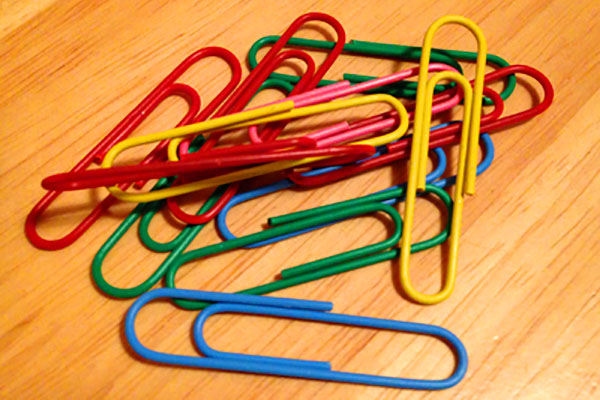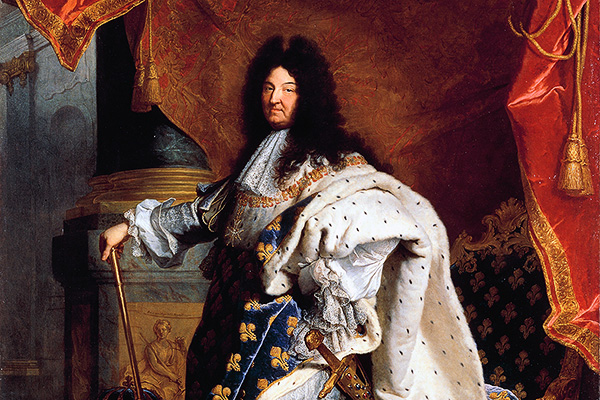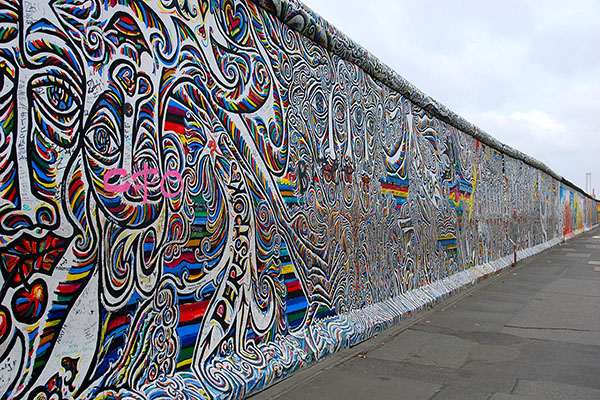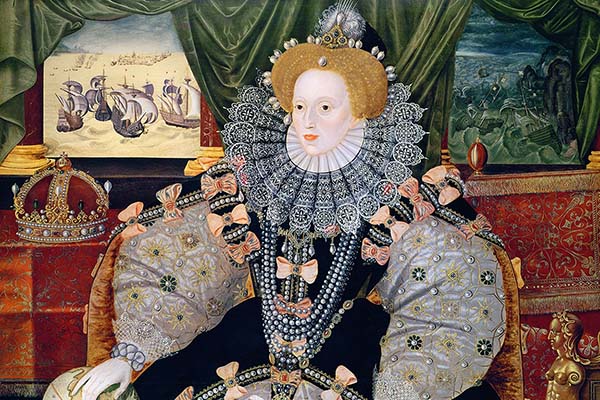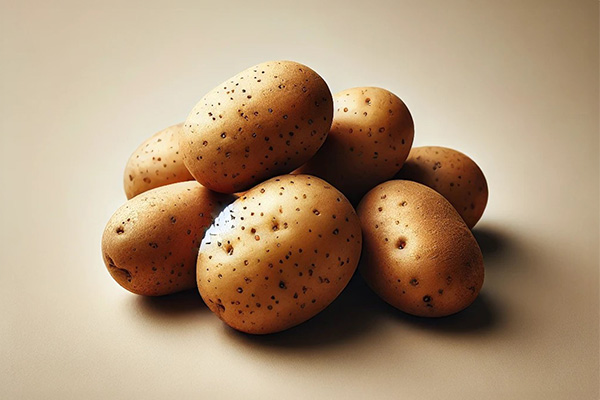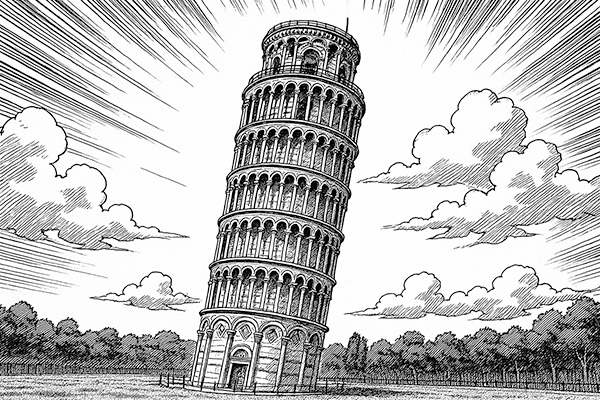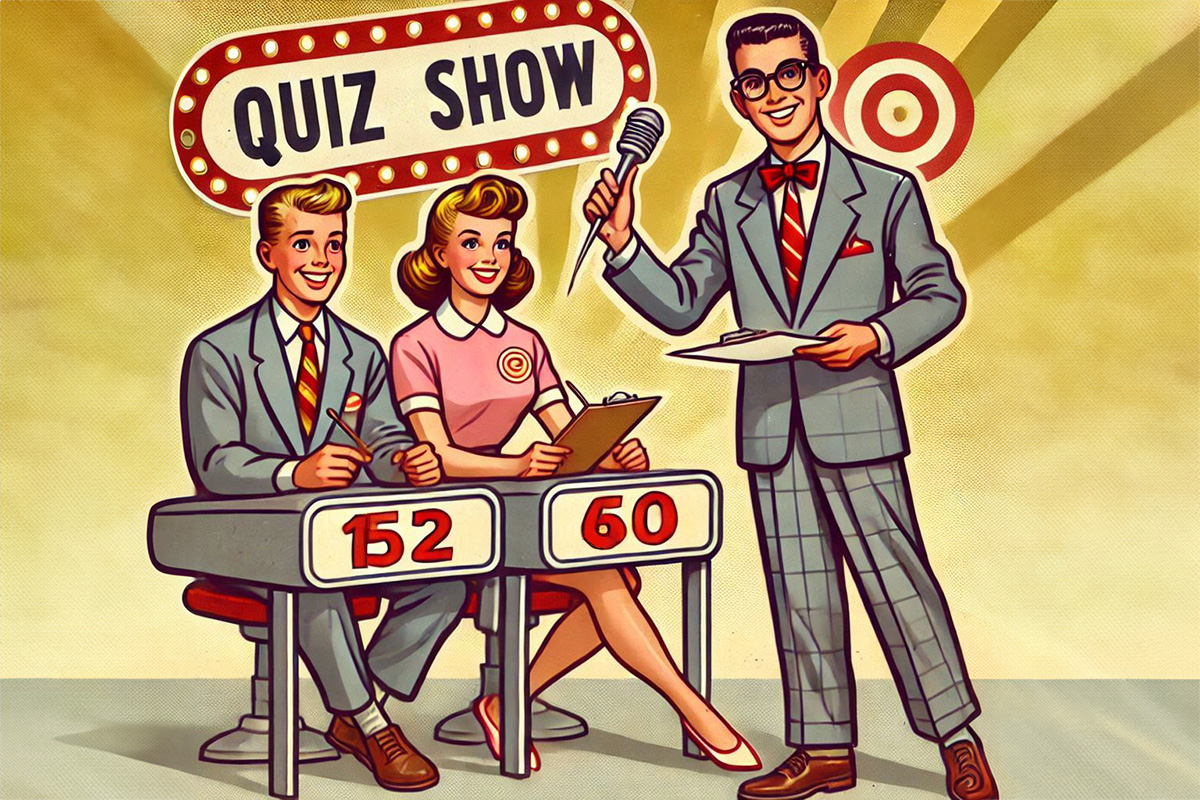
In the 1950s, many American game shows, including Twenty One and Dotto, were rigged to create more entertaining television. Contestants were fed answers, coached on their behavior, or deliberately favored to generate dramatic outcomes. In a way, this was similar to how modern reality TV shows are often “scripted” or manipulated by producers to heighten drama and keep viewers engaged. These practices led to one of television’s biggest scandals, resulting in stricter broadcasting regulations.
NBC's Twenty One was a 1950s quiz show where two contestants competed to score 21 points by answering a series of questions correctly. The format meant that the winner of each episode would stay on to the next one. If there was a tie, they'd compete again on the next show. Contestants were often picked for their screen presence, and were directed on how to behave on the show
In 1956, Charles Van Doren was chosen to compete against the returning champion Herbert Stempel. Stempel wasn't too popular with viewers, and the show's producers and sponsors wanted him off the show. To do this, Van Doren was provided with answers in advance. Initially episodes ended in ties as Stempel still managed to reach 21 points. However, Stempel was ordered to provide the incorrect answer to a question that he knew the answer to. He did this, and Van Doren won the show.
In 1958, Herbert Stempel exposed the rigging. Van Doren later confessed under oath, leading to the show’s cancellation and stricter regulations for television.
The British version of Twenty One aired in 1958 and became the 6th most-viewed show of the year. However, allegations of rigging surfaced when contestant Stanley Armstrong claimed he was given hints to answers. Though unproven, the scandal led to strict prize limits on UK quiz shows, capped at £1,000 (equivalent to around £30,000 today) until 1994.
CBS’s top-rated quiz show Dotto was cancelled abruptly in August 1958 after contestant Ed Hilgemeier discovered a rival’s notepad containing answers to upcoming questions. Hilgemeier initially accepted a payment of $1,500 dollars to say nothing, but later decided to report it. When the scandal became public, it triggered wider investigations into game show rigging, including Twenty One.
Psychologist Joyce Brothers appeared on CBS's The $64,000 Question in 1955, with producers attempting to reduce her chances of winning the jackpot by giving her a topic that they thought she'd be unlikely to know about. She was assigned boxing, but Brothers studied the sport extensively and went on to win the jackpot. She later became the only contestant to win both The $64,000 Question and its sister show, The $64,000 Challenge. Brothers later went onto become a sports commentator, TV presenter, writer and journalist.
In 2001, Charles Ingram won £1 million on the British version of Who Wants to Be a Millionaire? by conspiring with his wife and contestant Tecwen Whittock. During filming, Whittock, sitting as a potential contestant in the "Fastest Finger First" seats, coughed at appropriate times to signal correct answers to Charles Ingram. Producers observed that Ingram didn't seemed to show himself to be under pressure while answering questions, chose his answers somewhat randomly, and that he got into an argument with wife after the victory. They withheld the prize money to carry out an investigation, and they were found guilty of deception following a trial in 2003.
Charles Ingram’s £1 million win on Who Wants to Be a Millionaire? remains the largest amount fraudulently claimed on a game show. Ironically, the investigation into it cost £2 million - double the prize. The episode was filmed on 9th and 10th September 2001, but didn't air as scheduled due to the suspicions around the win. Footage from the episodes were broadcast in April 2003, with an advert for Benylin cough syrup during its first ad break. The episodes themselves eventually aired in full in 2020.
In 2006, the long-running BBC children's show, Blue Peter faked a phone-in competition winner after technical issues prevented producers from accessing real entries. A studio visitor was asked to pose as the winner, sparking outrage when the BBC admitted the deception. The incident led to a £50,000 fine and increased scrutiny of phone-in competitions.
Blind Date was a popular British dating show that was broadcast on Saturday nights between 1985 to 2003 presented by Cilla Black. In it, a single person would choose to go on a date with one of three potential partners based on answers to their questions. In 1997, Nicola Gill, a journalist for the UK edition of Cosmopolitan magazine went onto the show, posing as a single contestant, with the intention to write about the behind-the-scenes experience for the magazine. After choosing a partner, she went on a date. But the following week, when past contestants return for a catch-up on how the date went, presenter Cilla Black revealed that she knew exactly what Nicola did for a living and called her out for it on the show.
In the 2000s, several UK shows, including GMTV, This Morning and Richard & Judy, admitted to running phone-in competitions unfairly. Winners were often chosen before lines closed, and some competitions had no genuine entries. These scandals led to tighter regulations for TV competitions. Nowadays phone-in competitions have to make clear statements about when phone lines close, not to phone in afterwards, and prominently displays of terms and conditions.


